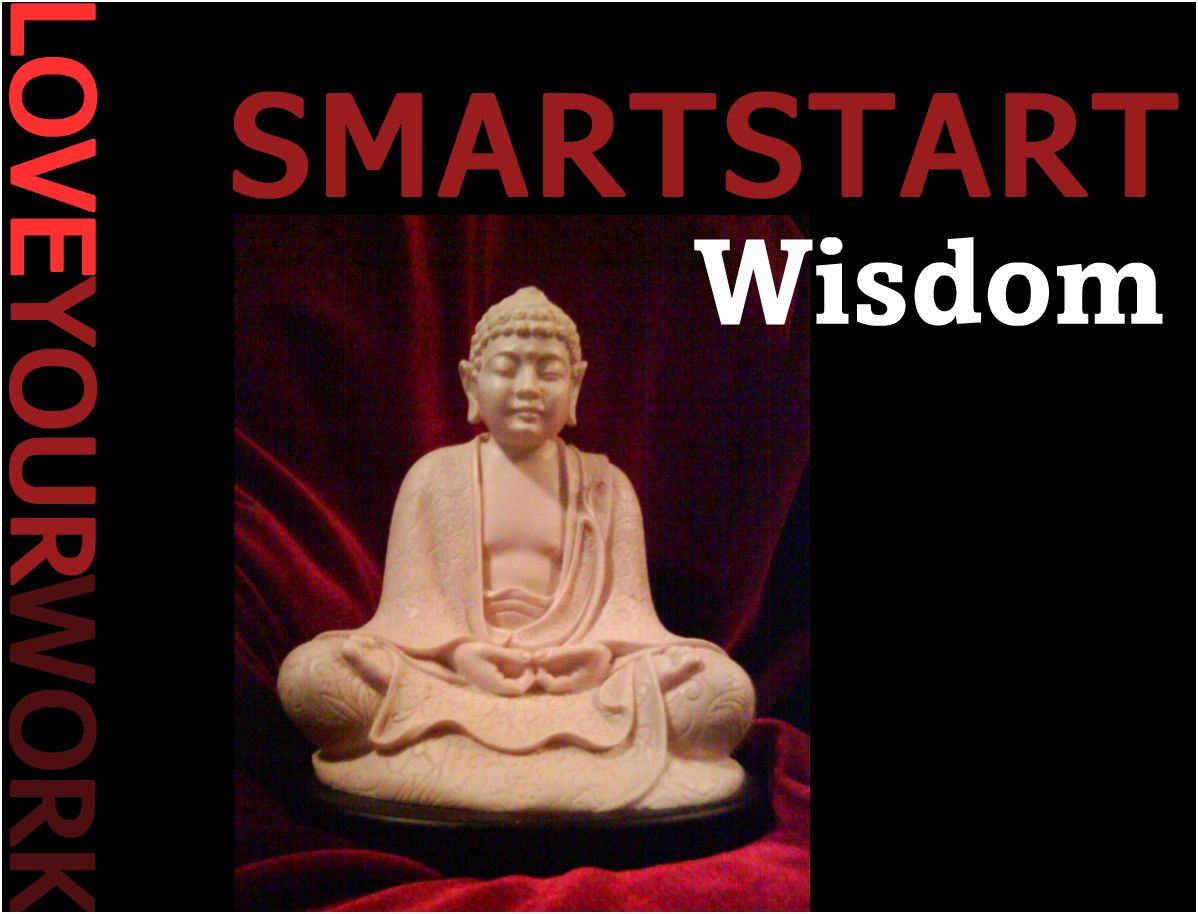Achieving success is easy; maintaining and balancing it, not so much.
The story of your business success is told on the balance sheet — an equally useful tool for monitoring the state of your entrepreneurial soul for which you are also accountable. Reporting the assets, liabilities, and equity held at a given point in time (or at different time intervals) can help you better understand the means available to you for creating future profits, life satisfaction and happiness.
Most entrepreneurs move quickly, often without thinking of the cost and consequences of their decisions and actions to themselves and others. This is the fast track to “anorexia of the soul“, a fate worse than any financial failure that might result from this behaviour.
The balance sheet is where you see the effect of your past decisions. It’s a snapshot for monitoring the health of your business and its impact on your life.
Financial literacy is rare in new small business owners and online entrepreneurs — very few come to SMARTSTART understanding the mechanics of the balance sheet. (Accounting is not the favourite subject of entrepreneurs.) We ease them into it by introducing a few simple exercises to bring the conceptual ideas home. You can try them out for your business and life situation too.
We start by showing them how to use common balance sheet principles to document the entrepreneurial journey. This exercise is particularly helpful when feeling disconnected from yourself or from your business — a situation that occurs when you are:
- overly focused on presenting yourself as a brand,
- trying to create a public persona, and
- polishing an image of yourself that’s more surface than substance.
Such behaviour is toxic for you and your business. And it gets in the way of the real job of an entrepreneur, which is figuring out: who you are, what you stand for, and what value you offer.
Defining the business is your most important entrepreneurial work. Be very specific about how it serves your wants and needs as its owner. The point is to be the master (and commander) of your business, not a perpetual slave to it.
It’s important to your future success that you start disciplining yourself to think about all aspects of your business in terms of assets and liabilities. This will guide your future decision making more effectively.
Try creating your first entrepreneurial balance sheet right now. Take a fresh sheet of paper (or open your favourite journal to a blank page) and draw a line down the centre. On the left side, you’ll record your assets; on the right, your liabilities for each of the following categories:
- self (skills/knowledge you have are assets; skills/knowledge you need but lack are liabilities)
- market (opportunities are assets; obstacles are liabilities)
- attributes (attributes that serve your vision and authentic self are assets; attributes that don’t are liabilities)
- relationships (be honest — some alliances, advisers, team and family members are assets; many are liabilities)
- time (productive activities are assets; non-productive habits and distractions are liabilities).
Study your balance sheets religiously — the real picture of your path to success is reflected in the equity. (Equity is what’s left when you subtract liabilities from your assets.)
Being solely focused on striving to please the market and presenting the brand you think will sell only leads to a growing sense of disconnection from the self. In most cases, your public persona is not who you really are. Pretending to be someone you’re not and selling what you don’t believe in or selling in a way that isn’t congruent with your true self is a road to ruin.
The anorexic entrepreneur, obsessed with achieving success, pursues it with the passion of a spiritual quest, believing it is a lifestyle choice. Unable to recognize when success has arrived, it remains forever elusive often resulting in financial and emotional bankruptcy. Don’t let that be the story told on your balance sheet and the journey of your soul.
